There’s a lot of schadenfreude on the right, and even more lamentation on the left, about the cancellation of The Late Show With Stephen Colbert.
Donald Trump leads the schadenfreude caucus. “I absolutely love that Colbert got fired. His talent was even less than his ratings,” Trump crowed on social media. “I hear Jimmy Kimmel is next. Has even less talent than Colbert!” (It is remarkable that a president who campaigned with a vow to end “cancel culture” is so uninhibited in his celebration of cancel culture when it’s on his terms.)
The lamentations from the left are just as exuberant, from the other direction. They hail Colbert as a heroic martyr for free expression and speaking truth to power. “Not really an overstatement to say that the test of a free society is whether or not comedians can make fun of the country’s leader on TV without repercussions,” MSNBC’s Chris Hayes declared.
In a sense, both sides essentially agree that Colbert was canceled because of his politics. The argument from the left is that this was unfair and even illegitimate. The illegitimate claim rests on the fact that CBS’s parent company, Paramount, has been trying to curry favor with the administration to gain approval for the sale of the network to Skydance Media. Shari Redstone, Paramount’s owner, approved a settlement of Trump’s dubious lawsuit against 60 Minutes (which Colbert had criticized days earlier as a “big fat bribe”). Colbert’s scalp was a sweetener, critics claim.
I think that theory is plausible, given the timing of the decision and the way it was announced. If this was the plan all along, why not announce the decision at the 2025 upfronts and sell ads in tandem with the wind-down? That’s the way this sort of thing has been done in the past.
But Colbert’s critics on the right have an equally plausible point. Colbert made the show very political and partisan, indulging his Trump “resistance” schtick to the point where he basically cut the potential national audience in half. He leaned heavily on conventionally liberal politicians (tellingly, on the night he announced the news of his cancellation, his first guest was California Sen. Adam Schiff—a man who couldn’t get a laugh if you hit him in the face with a pie).
But both the left-wing and right-wing interpretations have some holes. The theory that this was purely a political move overlooks the fact that CBS didn’t merely fire Colbert, it’s terminating the iconic Late Show entirely and giving the airtime back to local affiliates. If the bosses solely wanted to curry favor with Trump, they could have given the show to more Trump-friendly (funnier and popular with the young’ns) comedians such as Shane Gillis or Andrew Schulz. The show was reportedly losing some $40 million a year. Even if they hired someone for a quarter of Colbert’s $15 million salary, it would still be losing money.
On the right, many—Trump included—have pointed to the fact that Greg Gutfeld’s not-quite-late-night Fox show has better ratings than his competitors on the three legacy networks. That’s true, but it’s hardly as if Gutfeld is any less partisan than Colbert, Kimmel, or Jimmy Fallon.
It’s also true that the titans of previous eras—Steve Allen, Jack Paar, Johnny Carson, Jay Leno, Conan O’Brien—tended to avoid strident partisanship. But the nostalgia-fueled idea that a more mainstream, apolitical host would garner similar audiences again gets the causality backward.
Those hosts were products of a different era, when huge numbers of Americans from across the political spectrum consumed the same cultural products. The hosts, much like news networks and newspapers, had a powerful business incentive to play it down the middle and avoid alienating large swaths of their audiences and advertisers. That era is over, forever.
Now media platforms look to garner small “sticky” audiences they can monetize by giving them exactly what they want. There’s an audience for Colbert, and for Gutfeld, but what makes the roughly 2 million to 3 million nightly viewers who love that stuff tune in makes the other 330 million potential viewers tune in to something else. The Late Show model—and budget—simply doesn’t work with those numbers.
Cable news, led by Fox News, ushered in political polarization in news consumption, but cable itself fueled the balkanization of popular culture. Streaming and podcast platforms, led by YouTube, are turbocharging that trend to the point where media consumption is now a la carte (artificial intelligence may soon make it nigh upon bespoke).
The late-night model was built around a culture in which there was little else to watch. That culture is never coming back.
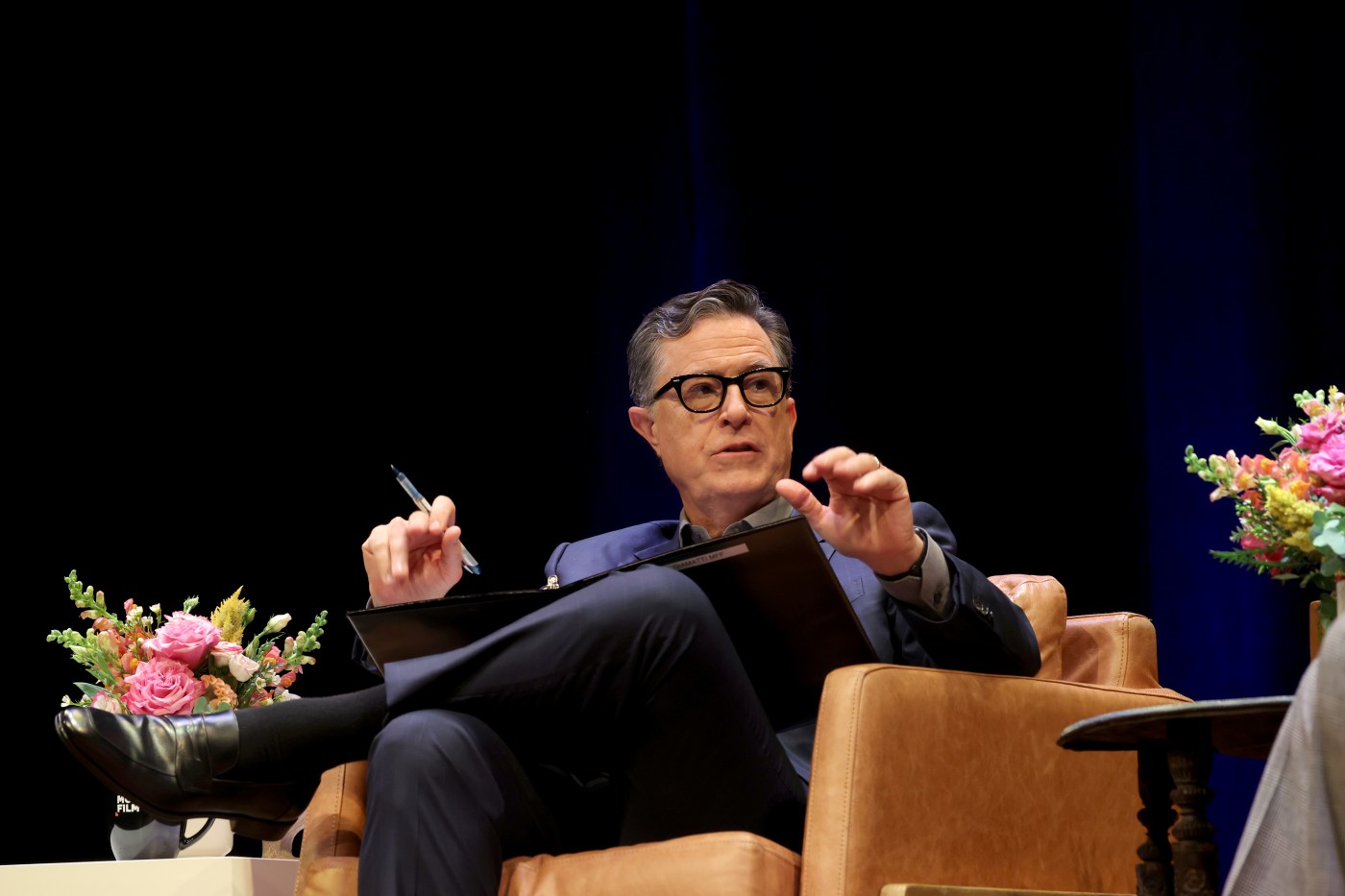

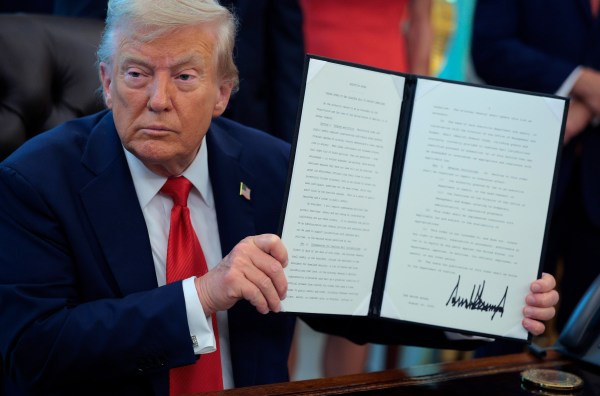

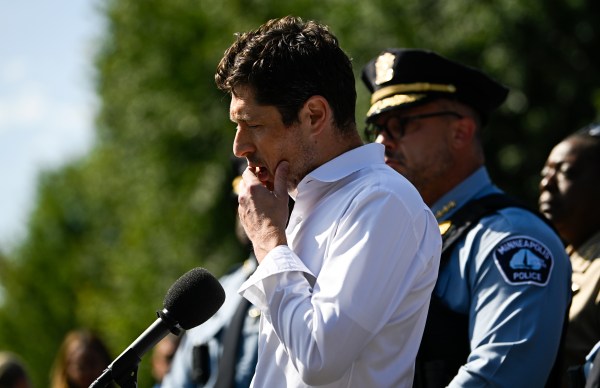
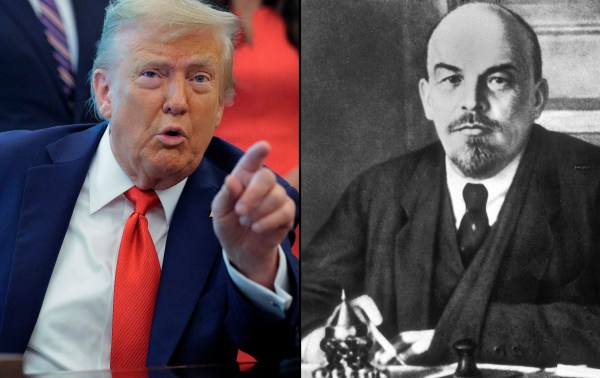
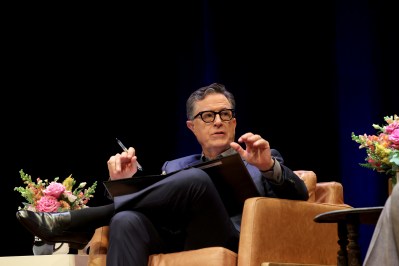
Please note that we at The Dispatch hold ourselves, our work, and our commenters to a higher standard than other places on the internet. We welcome comments that foster genuine debate or discussion—including comments critical of us or our work—but responses that include ad hominem attacks on fellow Dispatch members or are intended to stoke fear and anger may be moderated.
With your membership, you only have the ability to comment on The Morning Dispatch articles. Consider upgrading to join the conversation everywhere.